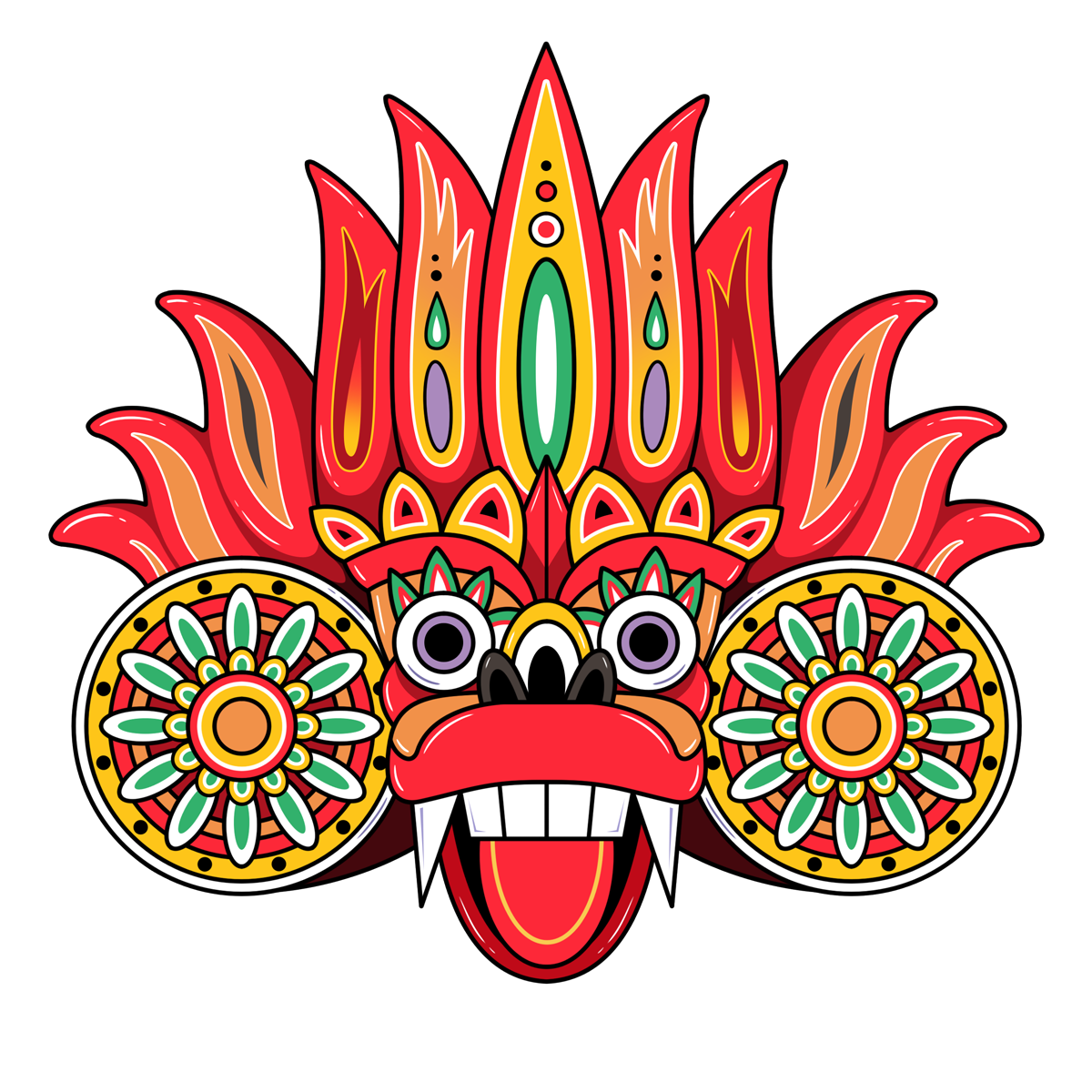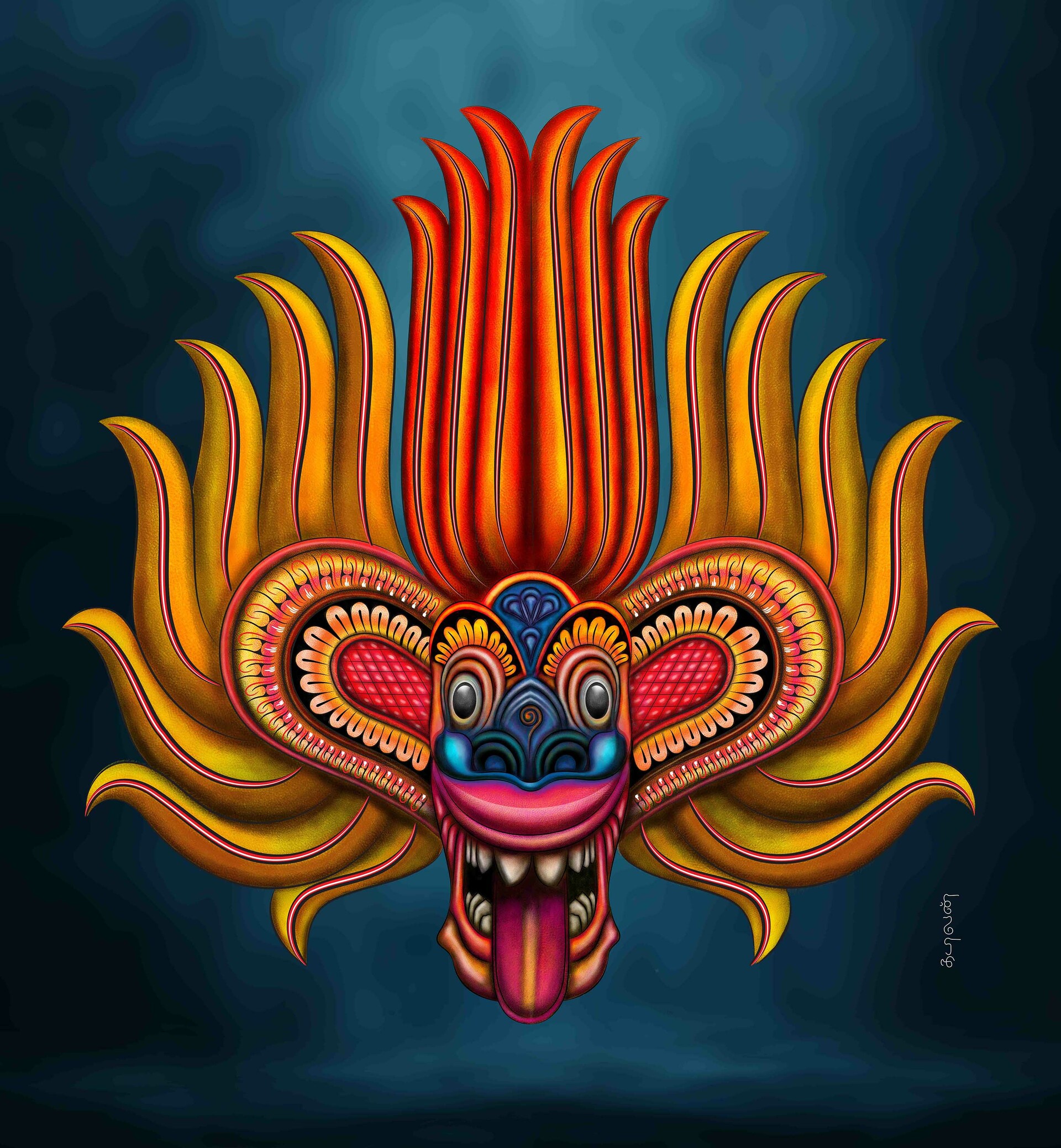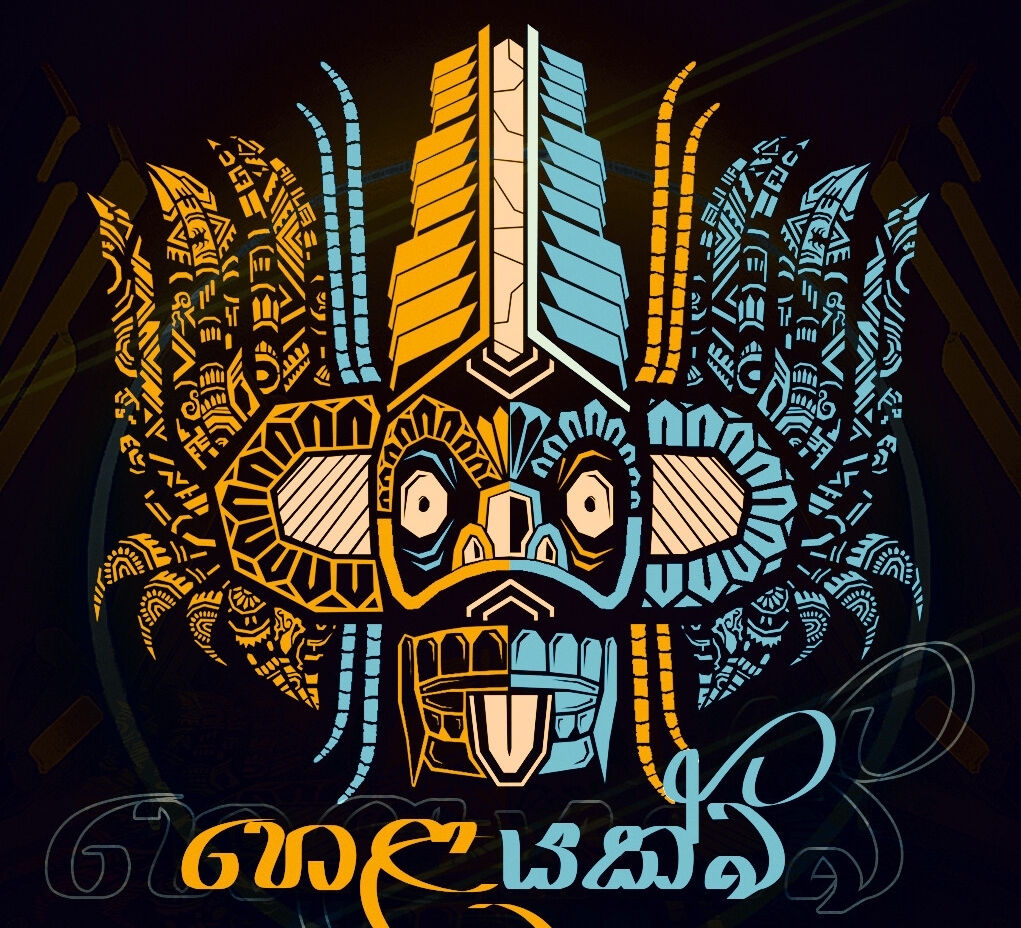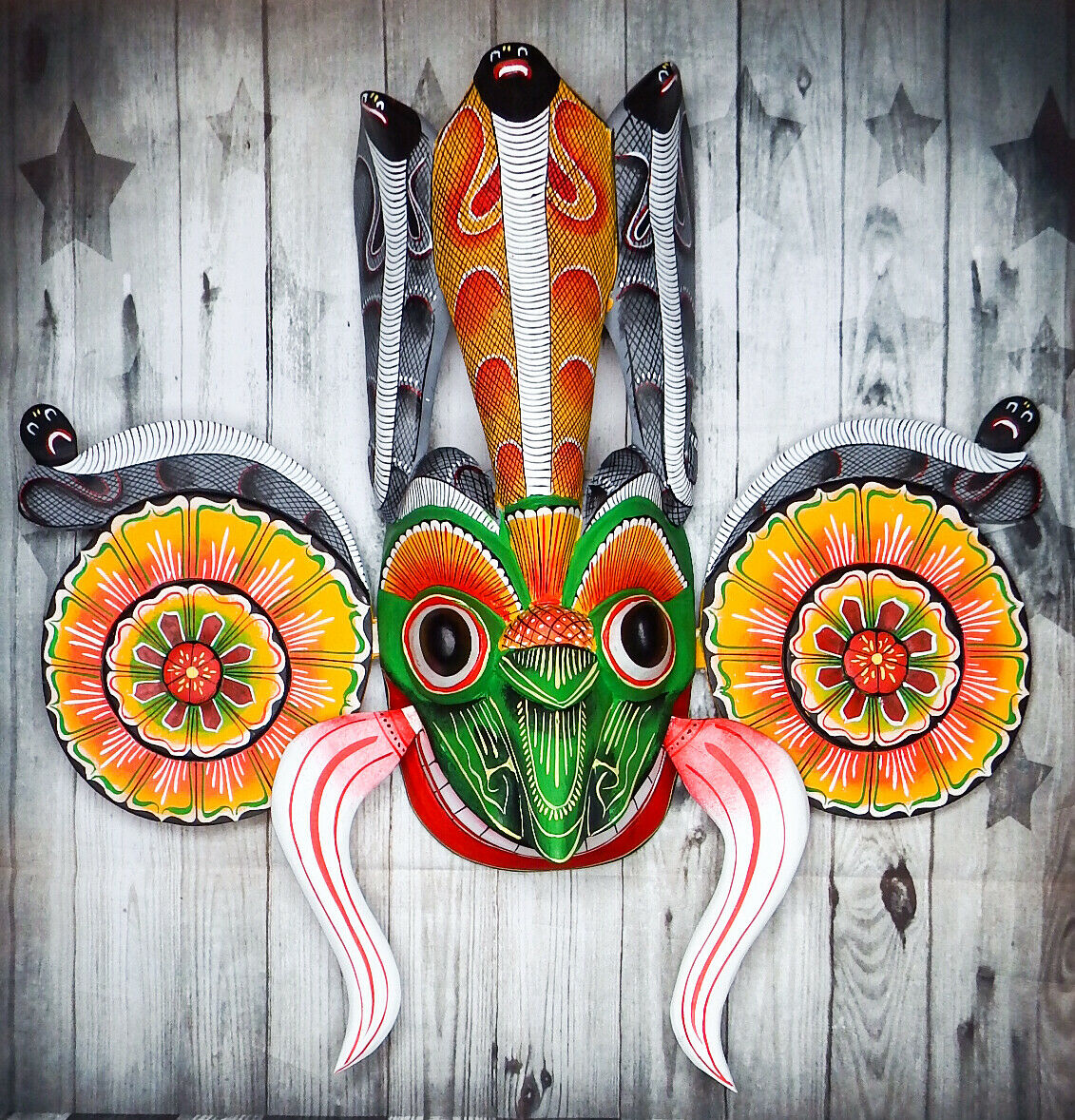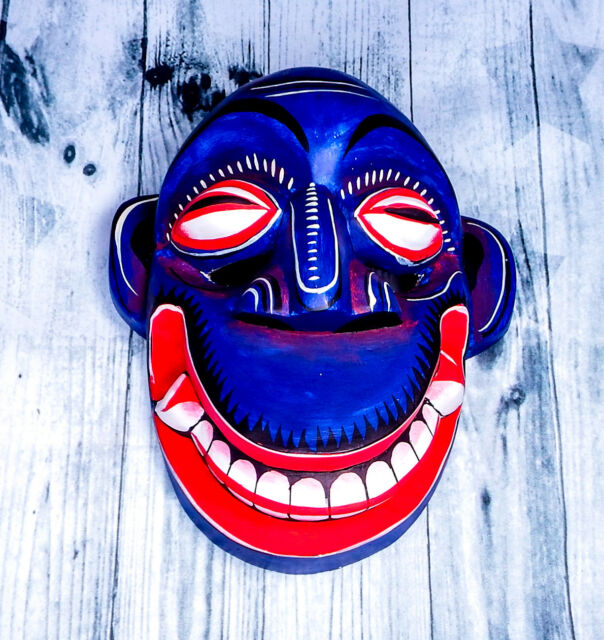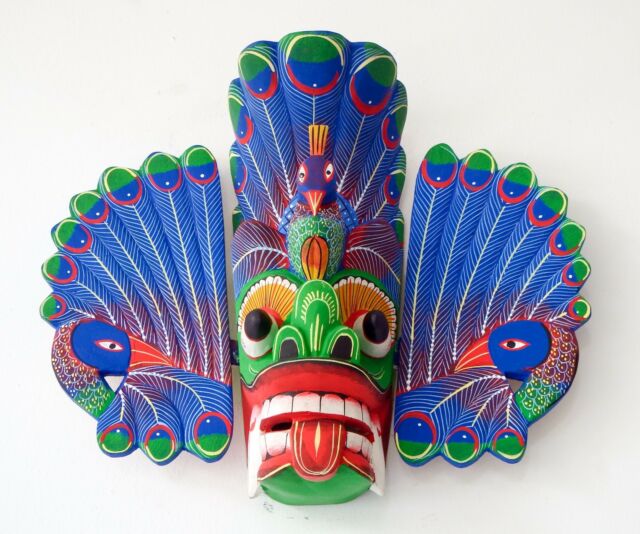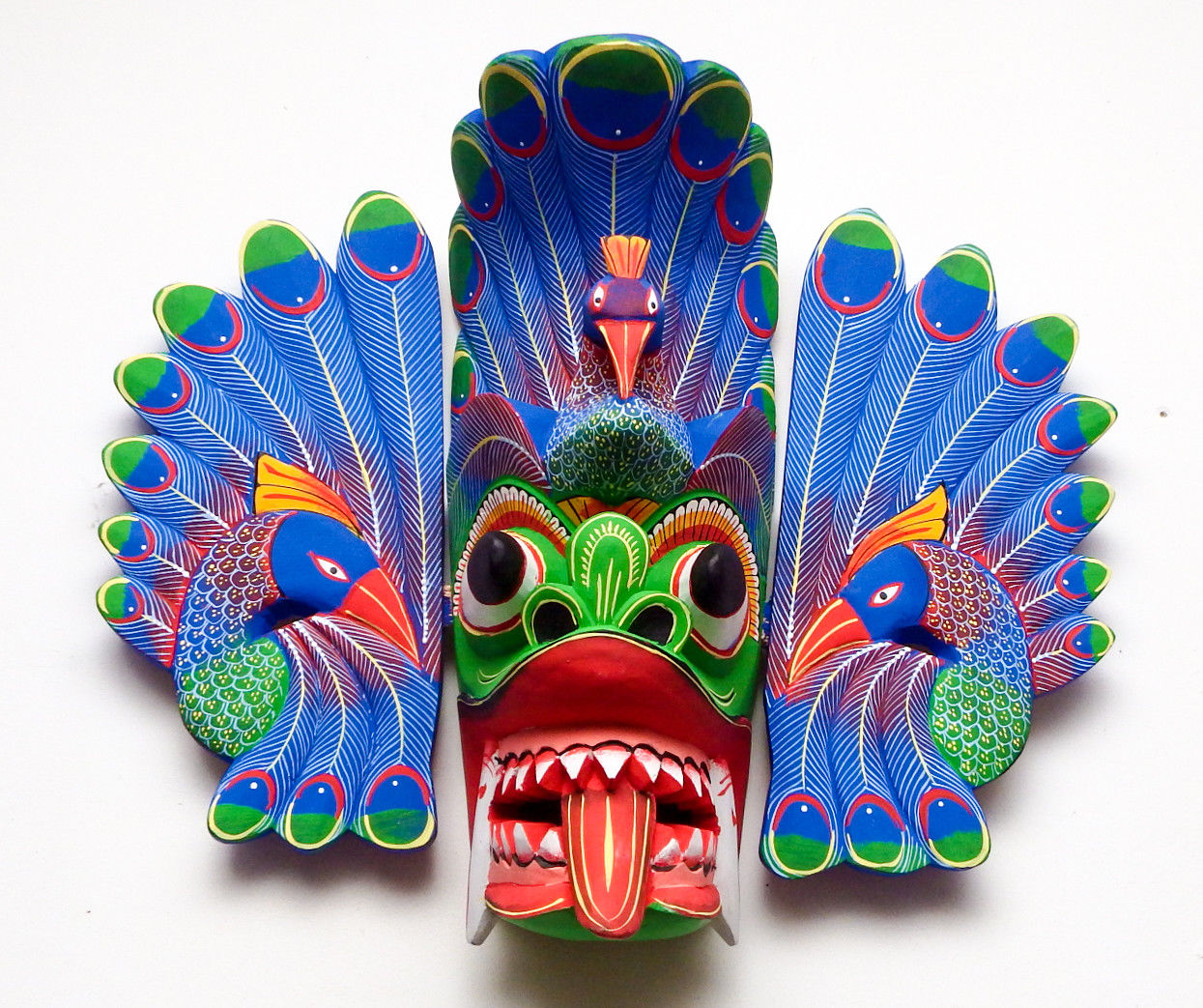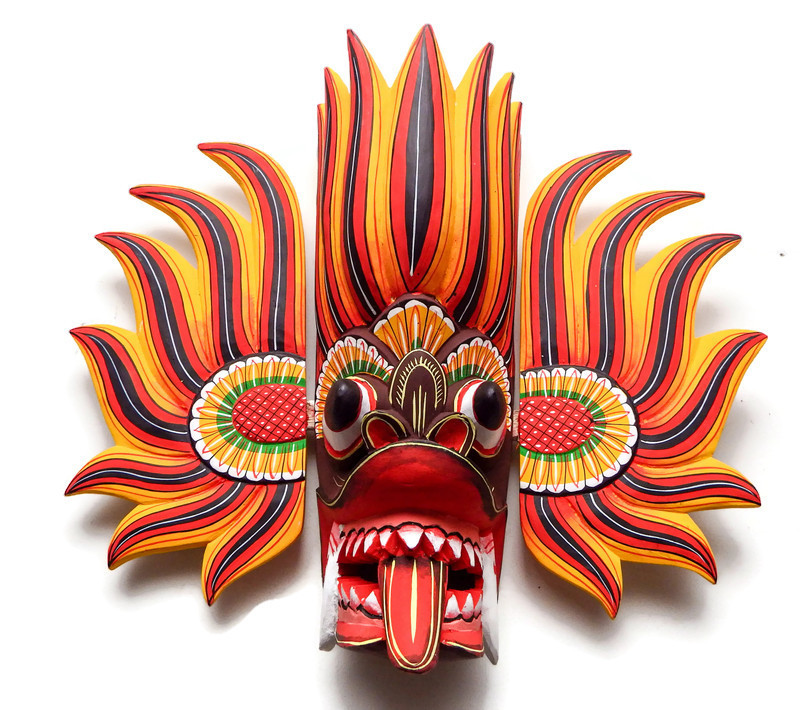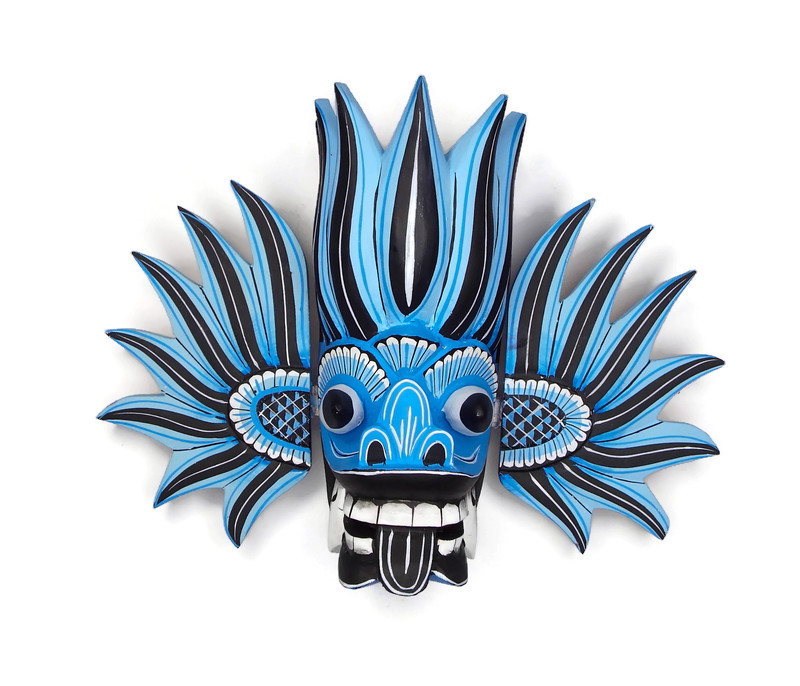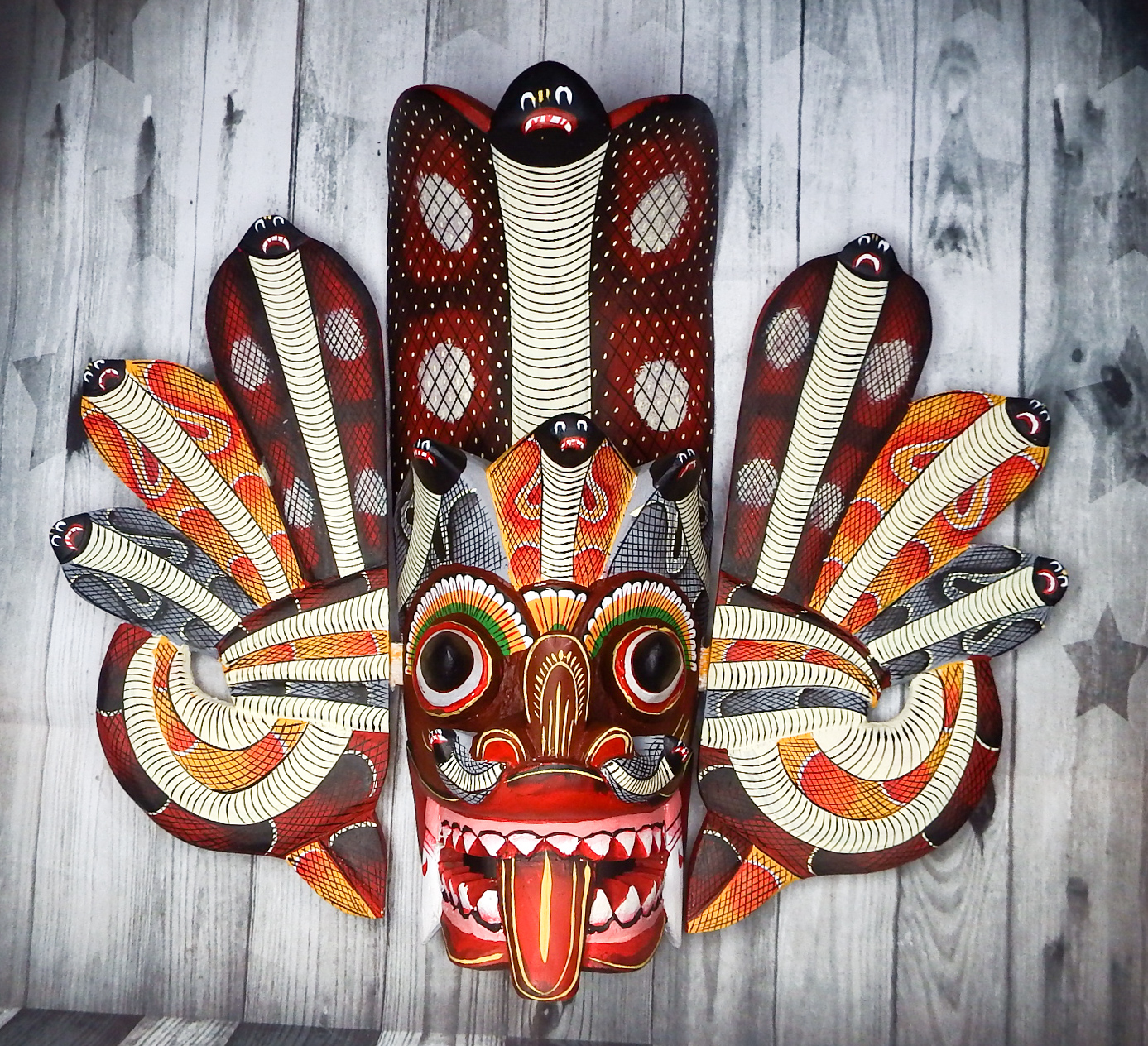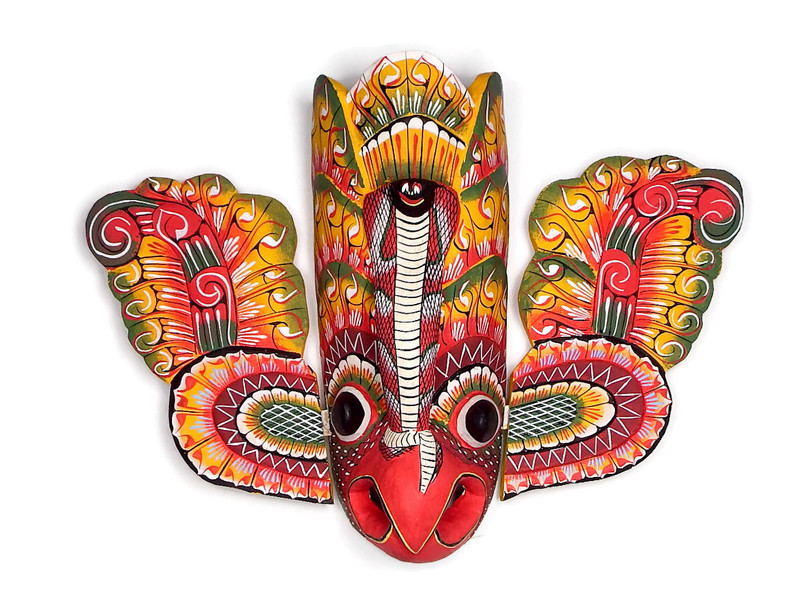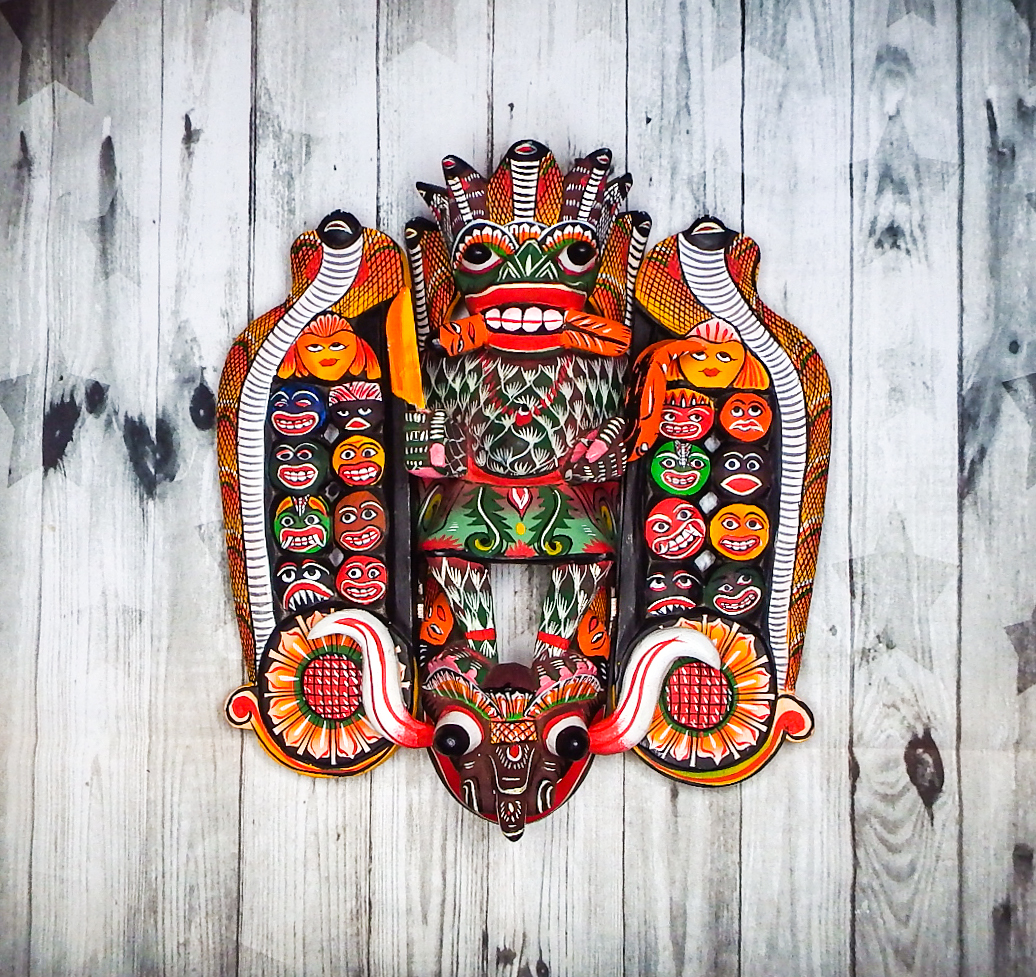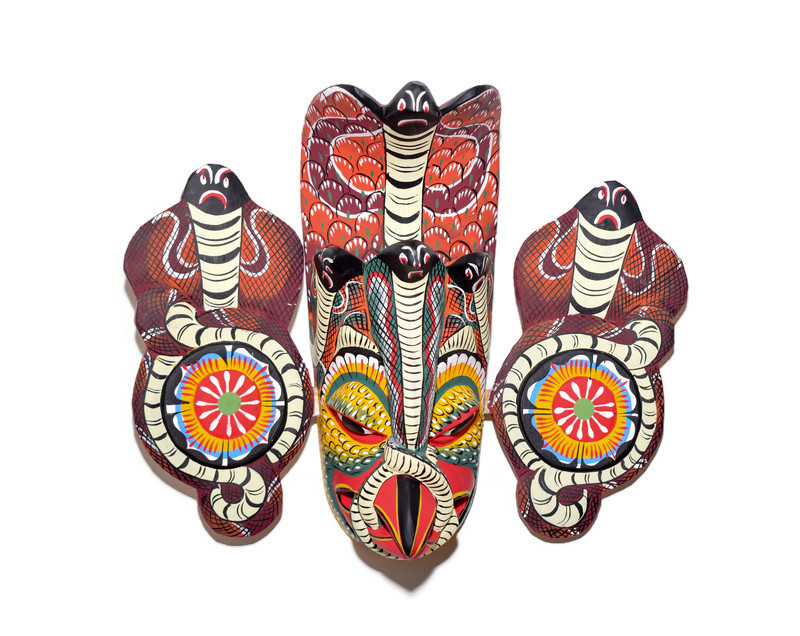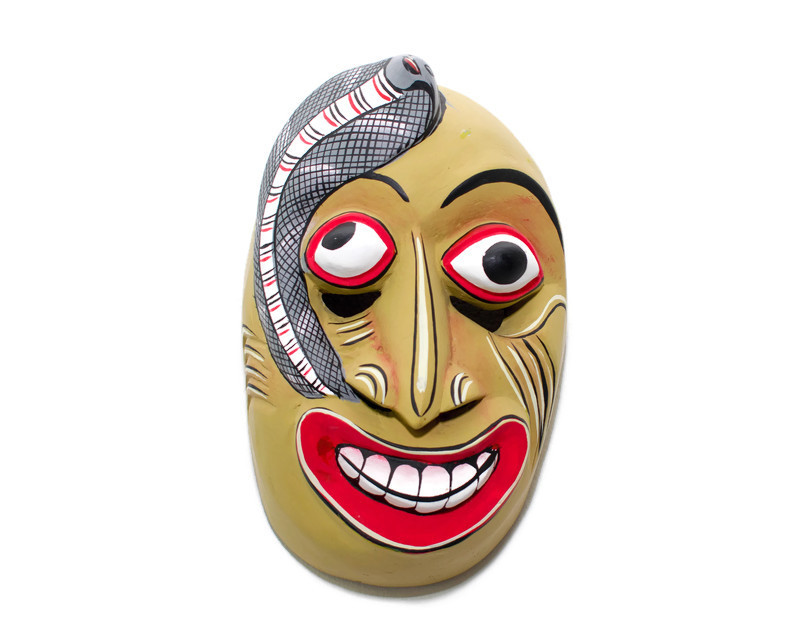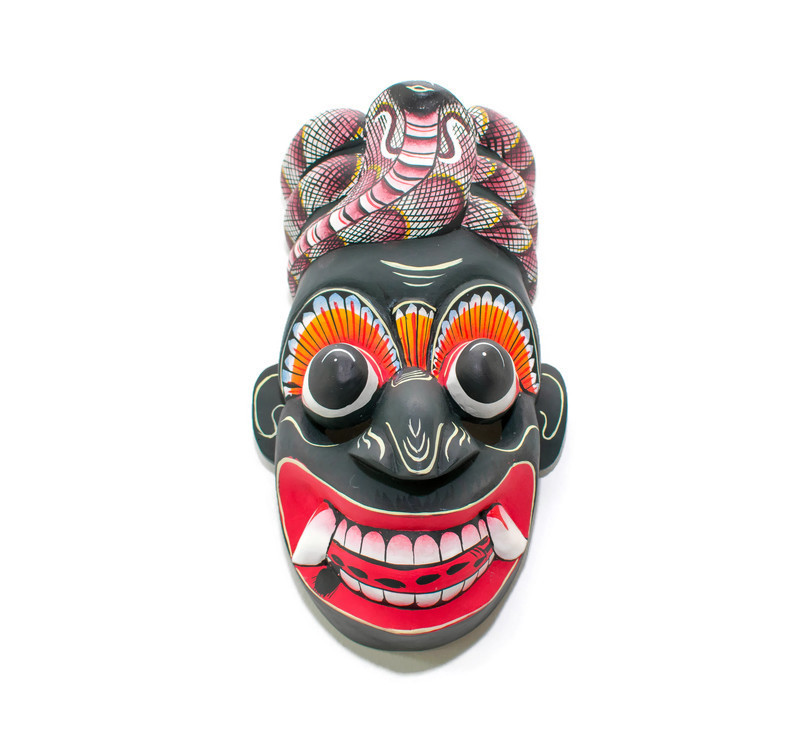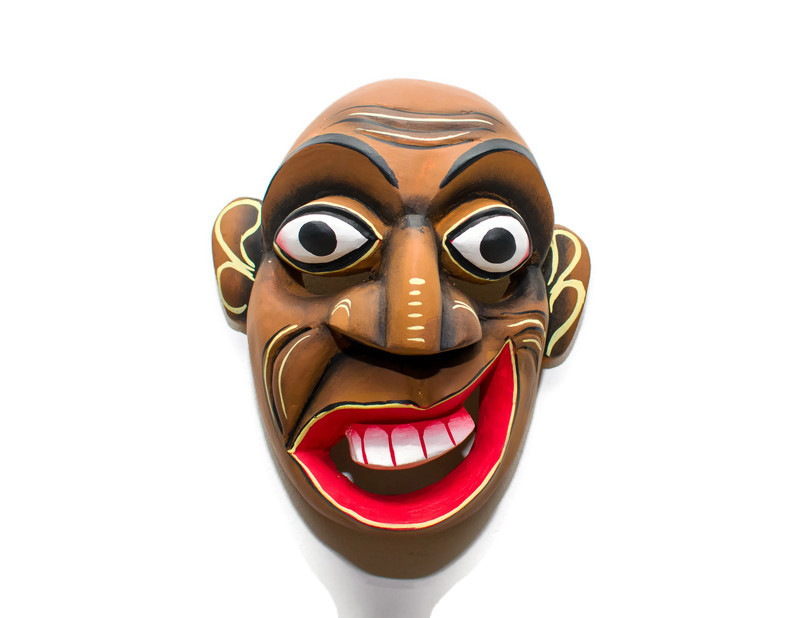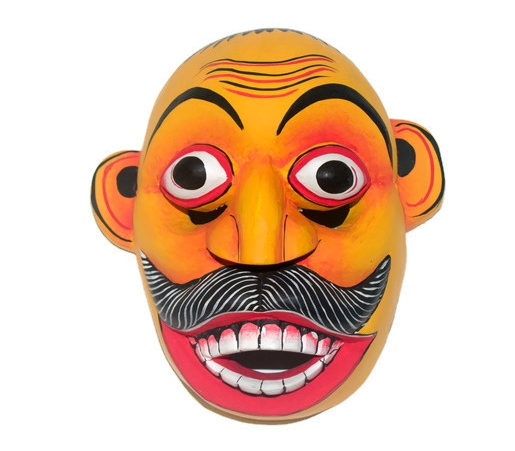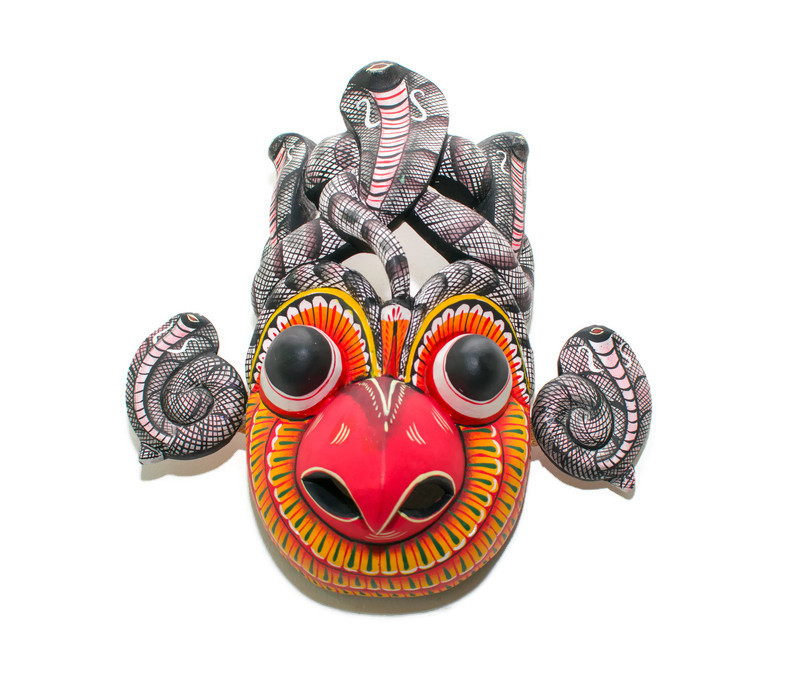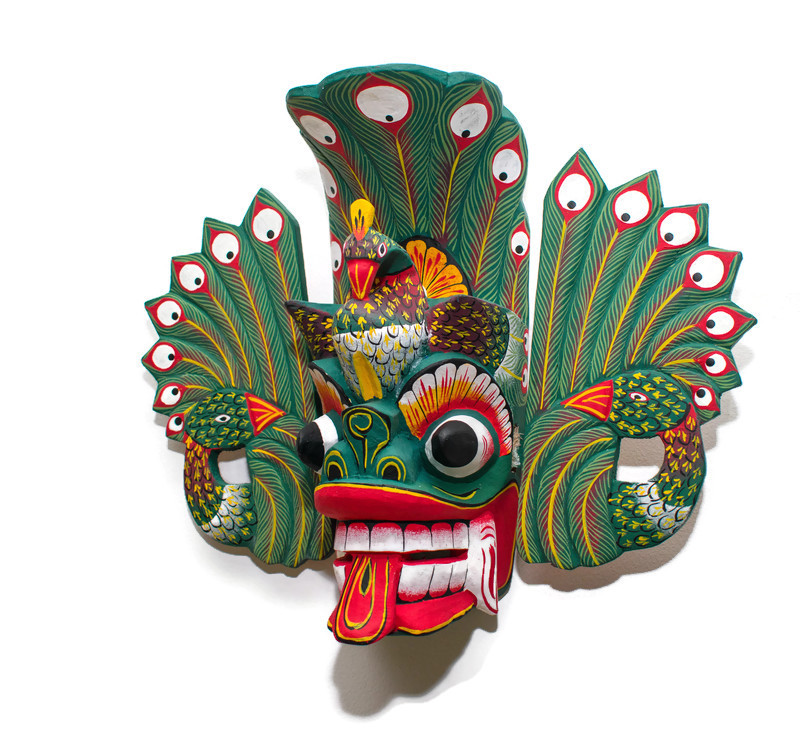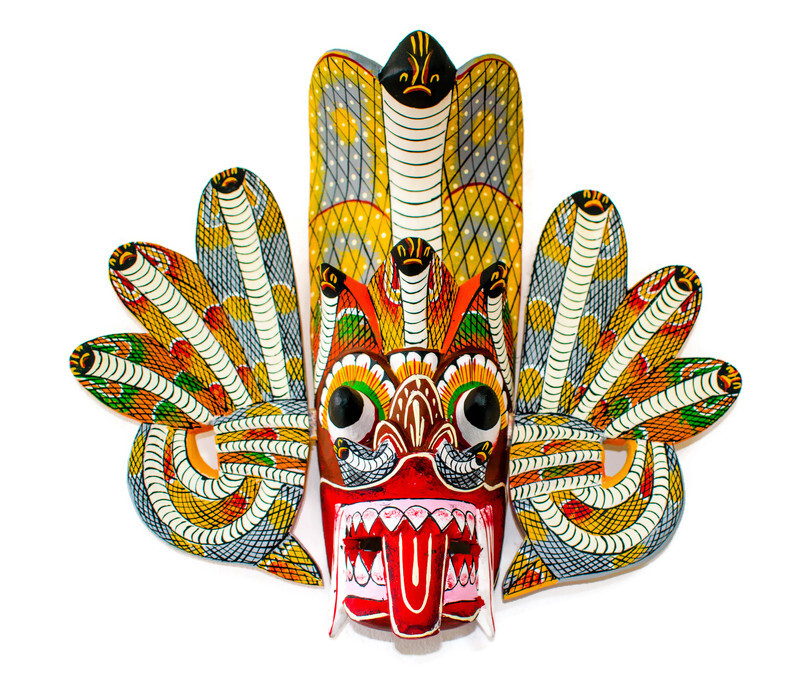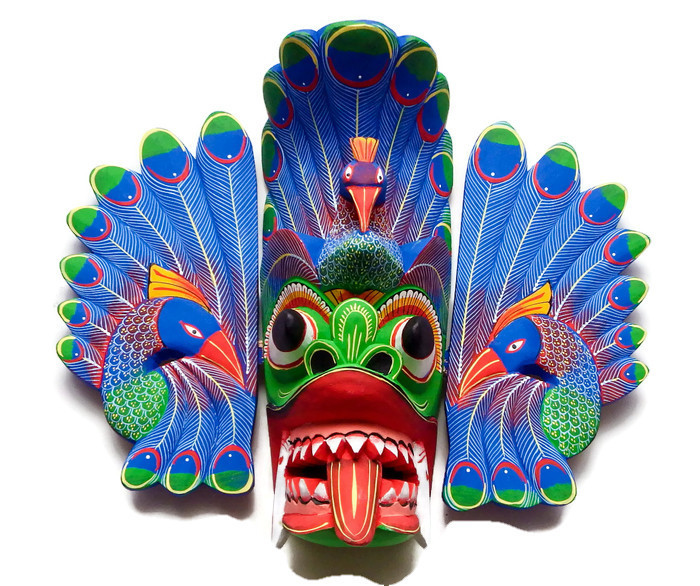National Crafts Council
Sri Lanka has a long history. It has a written history of over 2500 years. Archeological evidence says it has had settlements of prehistoric people as far back as 125,000 years ago, and these people used handcrafted tools in their daily lives. Therefore, Sri Lanka has an ancient heritage of creating crafts. Making of crafts has been an ancient art form applied to all most all spheres of the daily lives of the people. Thus, her royalty, kings and queens, who were the traditional patrons of crafts bestowed upon talented craftsperson, grants of state land, and other privileges. This tradition continues to date with the President of the country, doing likewise.
Artisanal products of Sri Lanka, contains within itself the incredibly rich philosophy of the country’s civilization, its culture, and its practices. Our traditional skills and crafts had always taken inspiration from, royal, religious, as well as from the requirements of the common people. Thus, crafts evolved out of necessity and the daily needs of the people. It became an essential part of their lives, traditions, and customs of the people. However, there was neglect and ignorance of this fact amongst the general population. Further, there was also the need to, decisively improve the economic, technical, and social conditions of the artisans. The government was aware that crafts constituted an essential part of the economy. It was a field only second to agriculture in so far as employment generation. Hence, in order to speed access to entrepreneurship and markets, it was necessary to introduce new designs, new thinking, and newer ideas to the field of crafts. By training crafts persons to think different, it was possible to meet world standards and enable our crafts to compete in world markets. This would also improve the economic condition of the craftsperson.
Thus, due to its potential as an engine for national growth and sustainability; an institution was necessary to coordinate matters relating to crafts. The Government of Sri Lanka, in order to meet this need, established the National Crafts Council by the Parliamentary Act No. 35 of 1982. Its ideals were the promotion, development, fostering, and preservation of handicrafts, and upliftment of the social and economic status of crafts-persons.
OBJECTIVES
-
Preservation of handicrafts with a traditional and cultural value.
-
Encouragement and promotion of indigenous handicrafts.
-
Organization of handicraftsmen.
-
Enhancement of social and economic status of handicraftsmen.
-
Promotion of technical skills and knowledge of handicraftsmen.
-
Promotion of products of the handicraftsmen by facilitating abundant availability of local raw materials required for handicrafts.









